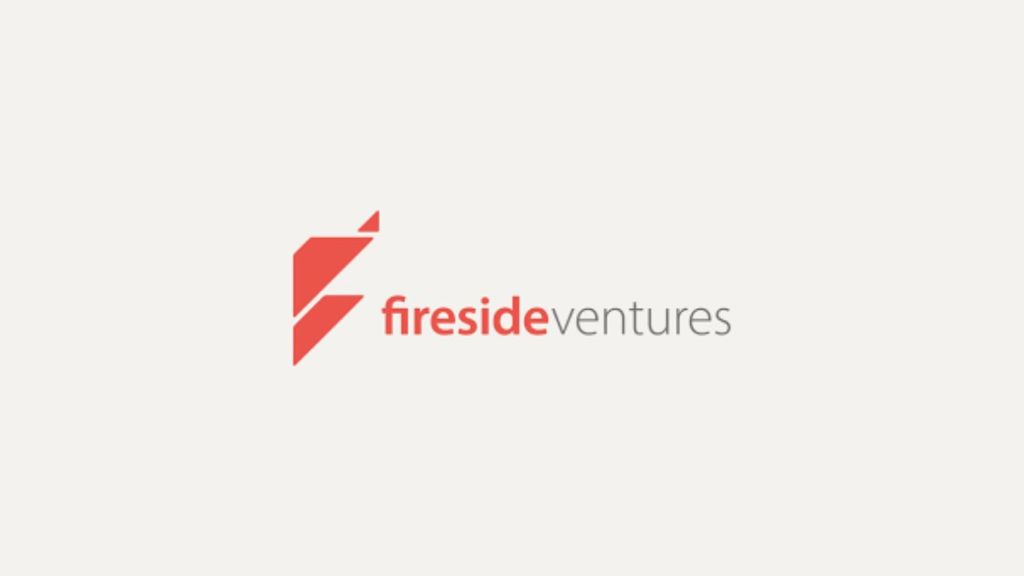Consumer brands-focused venture capital firm Fireside Ventures, which has investments in startups such as Boat, Mamaearth, and YogaBar, is seeing a great year in terms of investments and innovation. Its co-founder and partner Dipanjan Basu speaks to Ayanti Bera about the current trends in the D2C segment, how the firm is narrowing its focus on consumer health brands and how the tightening funding environment is good for the industry. Excerpts:
How has the year been for Fireside Ventures so far?
We are certainly seeing more number of deals. I know there’s a lot of chatter about slowing down of PE/VC funding. Maybe the large volume, big size deals are not happening. But opportunities have certainly gone up. If you take the 15-month period between January 2023 to March 2024, we are doing about 10 to 12 deals, against 7-8 in our previous fund.
So the large ticket deals are the worst hit this year?
What has really changed, which I think is positive for the industry, is that it’s not like, you think of raising a round and tomorrow morning, there will be a term sheet. I think all the good funds have dry powder and they are doing their due diligence. The companies who are doing well and are able to show growth, and a profitability path, all of them are able to raise capital, including several companies in our fund two portfolio such as Pilgrim.
Fireside Ventures has historically focused on D2C brands. Are you maintaining that, or considering other sectors now?
We have always been consumer-focused investors, and D2C remains our core focus. India has 200 million online shoppers, with 5 million more added each month. A large Indian consumption story is playing out, where we see the markets as: India 1, 2, and 3. India 1 is top 25-30 cities with a population of over a million, potentially top metros and larger state capitals with mature online shoppers. India 2 is the next 150-200 cities with less than a million population. These are the places which have high aspirations, but access is constrained. A lot of our existing companies are figuring out ways to reach them more efficiently. Finally, India 3 is more rural, where infrastructure is getting built so there is even less access. In the next 10 years, India’s consumer story will play out in deepening these three modes – that’s where we are focused.
What are your recent investments? Any particularly attractive sub-sectors?
Health is a big focus area. In consumer health, we recently invested in a gut-health company called The Good Bug. We have also announced investment in a company called Solethreads, which is an open footwear company with a lot of innovation in form-factor, design, and material.
What according to you will the next big sector be?
We feel consumer is going to be very, very big. India is expected to be a 6 trillion economy in 5-7 years. Consumption is 60% of GDP so, you are talking about 3 trillion of consumption. Even if you take out the fundamentals like health and housing, you are talking about 1.5-2 trillion consumption driven by these things which I talked about. So, consumer health is going to have many such propositions. And importantly, we are seeing all of these happening in a very methodical manner. People are not willing to throw money to become large in these businesses, which unfortunately happened in 2021, when a lot of liquidity followed few companies. Now, because the funding environment is tighter, which I think is a very good thing to happen, companies are also thinking and building in an organic manner.
What was your reasoning behind the partial exit in Boat and Mamaearth?
That’s part of our strategy. In the VC ecosystem, most of the investors have found that DPI or Distribution to Paid-In Capital (ratio measuring the proceeds returned to the investor by the fund compared to the invested capital) is very low. As a company goes to a certain stage, we start doing small partial exits. We take 20% ownership in most companies and by virtue of those ownerships and the fact that our companies don’t end up raising huge amounts of capital and dilute themselves, it leaves the opportunity for us to exit and yet hold substantial money for final exit. This allows us to give back returns in cash. Our DPI is one of the industry-leading DPIs today and we will continue to do that.


